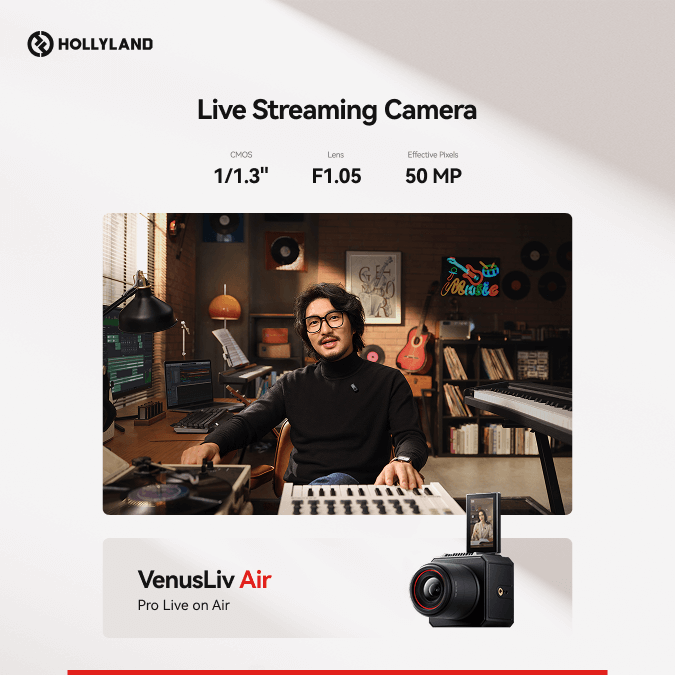Fans are frustrated by MLB blackouts, especially when most matches are live-streamed. MLB.TV members and streaming service users can experience blackouts when some games are unavailable in certain locations. Regional sports networks (RSNs) and MLB clubs have long-standing broadcasting agreements that preserve their finances.
Blackouts encourage fans to attend games in person or watch on local TV to retain conventional income sources. These restrictions are more problematic due to unauthorized streaming. Many fans feel isolated, particularly in overlapping regions or rural areas, prompting reform requests. This article will discuss why does MLB blackout games!

alt: why does mlb backout games
Background of MLB Blackouts
Origins of Blackouts:
MLB instituted blackout restrictions to safeguard local broadcasters and clubs’ finances. Fans in a team’s area must attend games in person or watch them on Regional Sports Networks (RSNs), which have exclusive broadcasting rights. It attempts to boost stadium attendance and local broadcast earnings.
Evolution Over Time.
MLB’s blackout restrictions are more complicated due to cable and streaming providers. Multiple team bans, particularly in Iowa, make it difficult for fans to watch games on MLB.TV due to the rise of RSNs and digital watching.
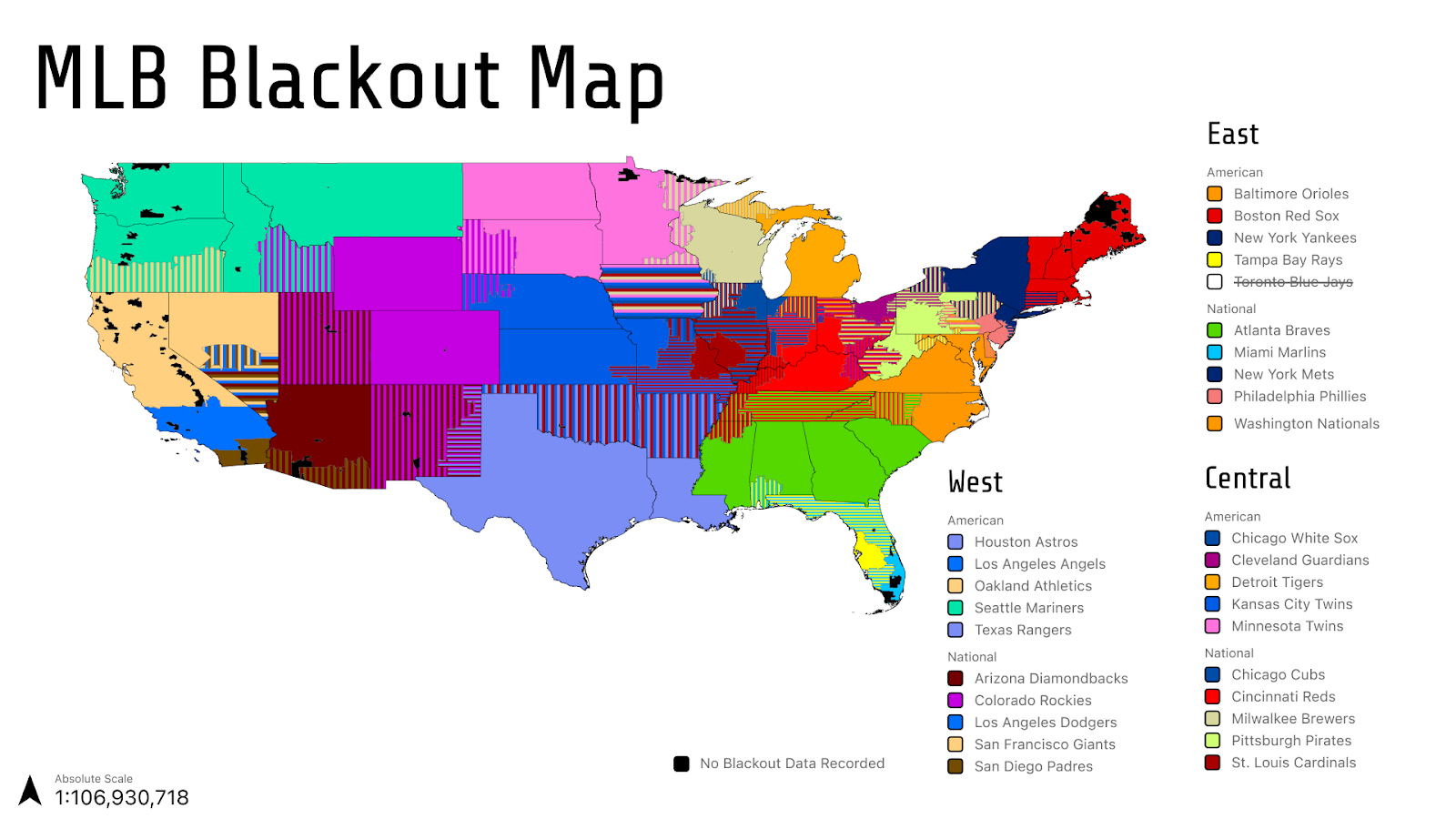
alt: mlb blackout map
Comparison with Other Sports Leagues.
The NFL, NBA, and NHL all have blackout regulations, but MLB’s are stricter. The NFL’s blackout restrictions depend on ticket sales, whereas the NBA and NHL have smaller blackouts. However, MLB’s restrictions may impact many clubs across states, causing fan dissatisfaction.
How Blackout Rules Work
Major League Baseball (MLB) imposes blackout regulations to safeguard RSNs and local clubs. These regulations provide local broadcasters exclusive rights to telecast games in their areas, encouraging fans to attend or watch on RSNs. This strategy tries to increase stadium attendance and preserve regional broadcasting agreements.
You can check for local restrictions by typing in your zip code here.
Changes Over Time.
MLB’s blackout restrictions are more complicated due to modifications to streaming platforms and TV deals. Due to cord-cutting, MLB is considering direct-to-consumer streaming. To adapt to changing media, MLB broadcasts games for clubs like the San Diego Padres and Arizona Diamondbacks on MLB platforms.
Contrast with Other Sports.
MLB has stricter blackout regulations than other major sports organizations. The NHL also has blackout limits to protect local broadcasters, although the details differ. In recent years, the NFL has banned stadium attendance-based blackouts. These contrasts show MLB’s unique issues in combining broadcasting agreements with current watching patterns.
Reasons for MLB Blackout Policies
MLB requires blackouts to protect local broadcasters, boost stadium attendance, and safeguard conventional income sources.
Protecting Local Broadcasters.
Regional sports networks (RSNs) broadcast games only in their localities. Exclusives boost network viewership and advertising income. MLB clubs benefit financially from these expensive TV arrangements, as RSN agreements generate significant revenue.
Driving In-Stadium Attendance.
Blackout regulations encourage local fans to attend games instead of watching online. MLB promotes better stadium attendance by limiting television access in some locations, which boosts game atmosphere and ticket and food sales.

alt: driving in crowd to stadiums
Preserving Traditional Revenue Streams.
MLB values television and in-person attendance above streaming. This strategy preserves the financial connections between the broadcaster and the sponsor. Digital streaming and shifting consumer tastes have raised questions about whether blackout regulations still fulfill these aims.
Impact of Blackout Policies
The MLB’s blackout restrictions affect fans, teams, and popularity.
Impact on Fans.
When blackouts prevent fans from seeing their favorite teams, particularly without Regional Sports Networks, they are frustrated. Out-of-market and rural fans may be blacked out from numerous clubs, restricting their viewing choices.

alt: mlb blackout policies
Impact on Teams.
RSN arrangements help teams financially but might alienate fans who can’t watch. This disconnect may reduce fan engagement and long-term support.
Impact on MLB’s Popularity
One argument against MLB’s growth is that blackout rules stop younger fans who are used to unlimited streaming from watching games. These constraints may make baseball less tempting to future fans in an age of instant entertainment.
Attempts to Address Blackout Issues
MLB requires blackouts to safeguard local broadcasters’ and clubs’ finances. Regional Sports Networks (RSNs) broadcast games only in their localities, so local fans must attend or watch them on their networks.
Blackout regulations make it harder for local supporters to watch games at home, encouraging in-stadium attendance. This method is contentious in the digital streaming age. Fans are frustrated, particularly when distance prevents them from attending games.
MLB promotes television broadcasts and ticket revenues above streaming alternatives by enforcing blackouts. This technique has preserved the league’s financial model for years but is increasingly criticized as customer tastes move toward more flexible watching alternatives.
Solutions and Alternatives for Fans
Fans anxious to see their favorite teams are sometimes frustrated by MLB’s blackout restrictions, which protect local broadcasters and promote in-person attendance. Consider these options to overcome these restrictions:
Workarounds:
Using VPNs: A VPN may hide your location and let you bypass the ban. Connecting to a server in another region allows you to play games without restrictions. Note that MLB.TV’s terms of service may prohibit utilizing VPNs to avoid blackout restrictions.

alt: vpn access mlb
RSNs or live TV streaming: YouTube TV, Hulu + Live TV, and DirecTV Stream support local sports RSNs. These platforms can also cover in-market MLB.TV blackout games. However, since availability varies by area, make sure the service contains your local RSN.
MLB.TV Free Game of the Day:
MLB.TV provides a “Free Game of the Day,” letting fans watch certain games for free. This is a terrific chance to watch baseball; however, your region may have blackouts. View MLB.TV’s schedule for available games.
Reform Hope:
The growth of streaming and shifting audience preferences have pressured MLB to reexamine its blackout policy. Fans and media activists continue to demand more accessible viewing alternatives that match contemporary technology and consumer preferences. The league may consider other ways to serve its fans, but no imminent adjustments have been revealed.
MLB’s blackout regulations might be difficult to navigate, but fans can still enjoy their favorite teams’ games.
Conclusion
While preserving local broadcasters and boosting stadium attendance, MLB’s blackout regulations annoy fans while streaming games. These limitations disproportionately affect out-of-market and rural spectators, reducing game access and fan involvement. VPNs and RSN subscriptions are temporary fixes but show the need for change. MLB can improve its regulations to serve fans better as streaming technology improves and public demand rises.
If you’re frustrated by MLB blackouts restricting the games you love, setting up your own video streaming might offer the transparency you’re seeking. A reliable streaming camera allows you to capture and share local events live, free from broadcasting constraints.
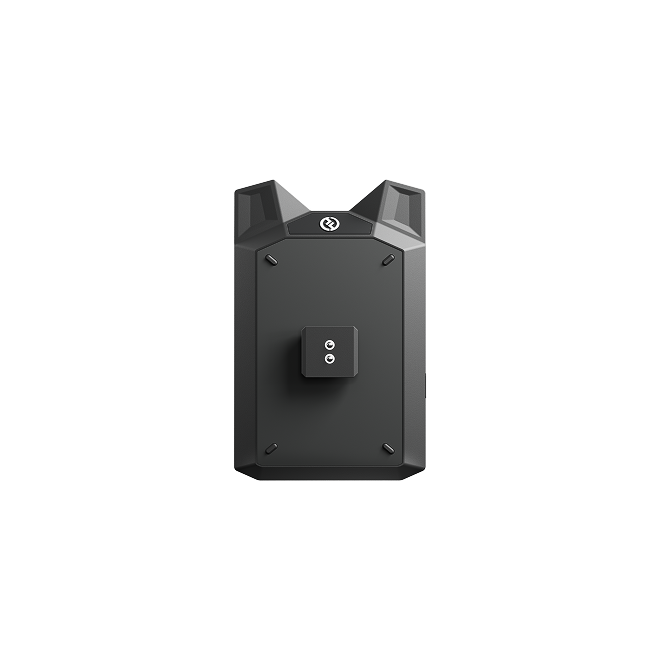

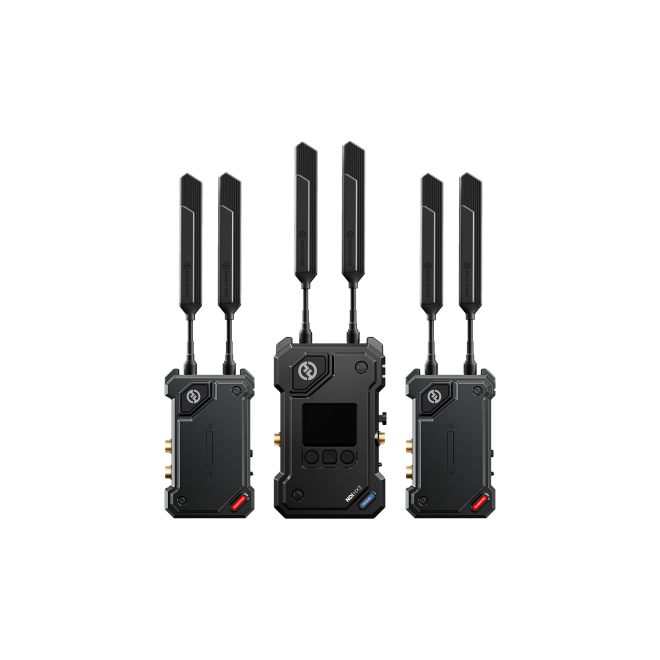
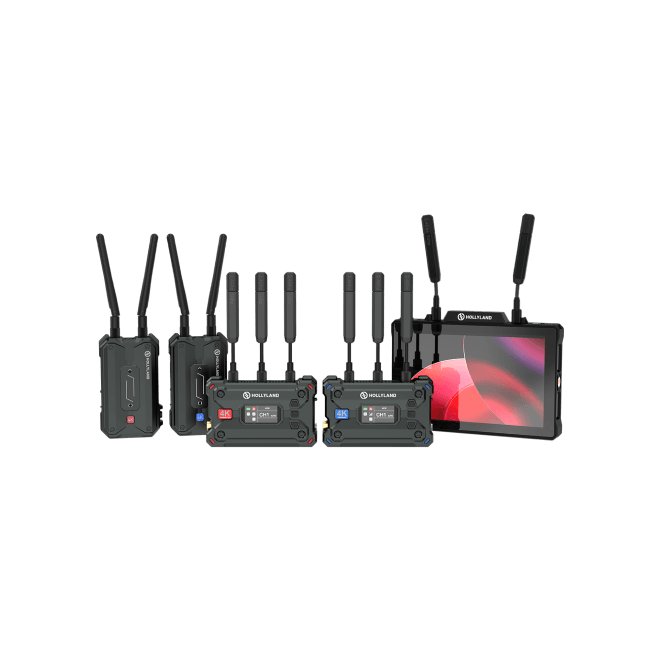
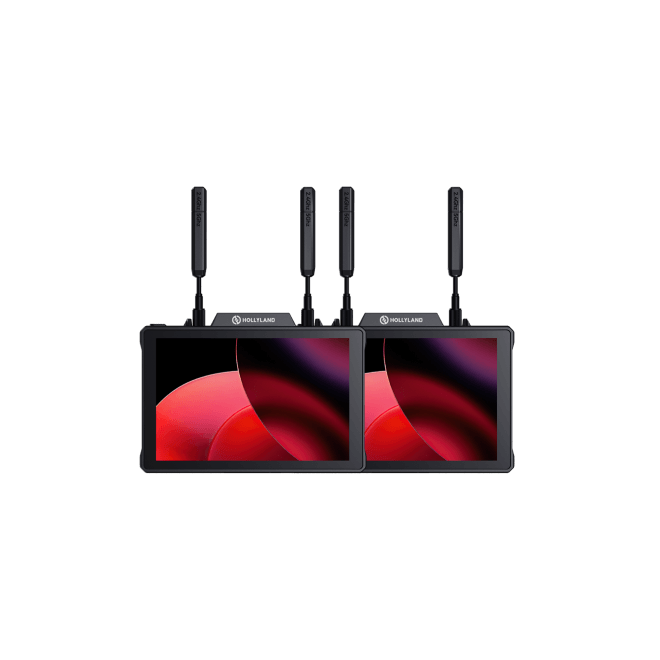
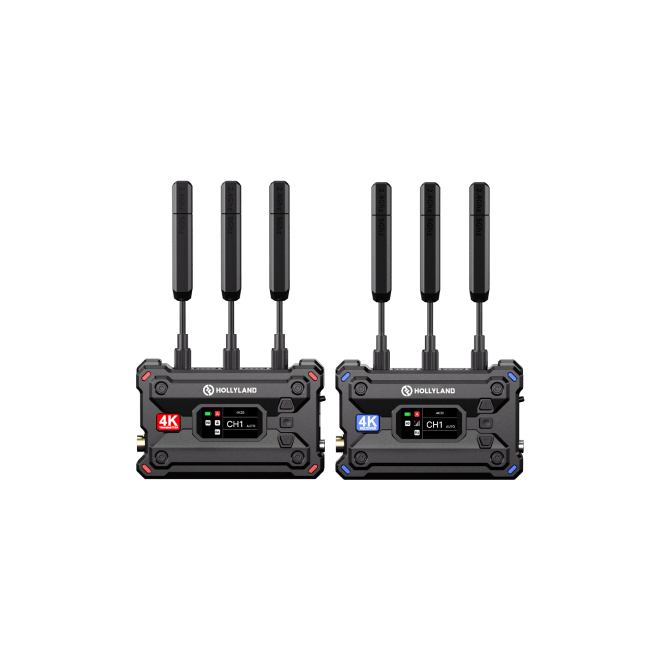
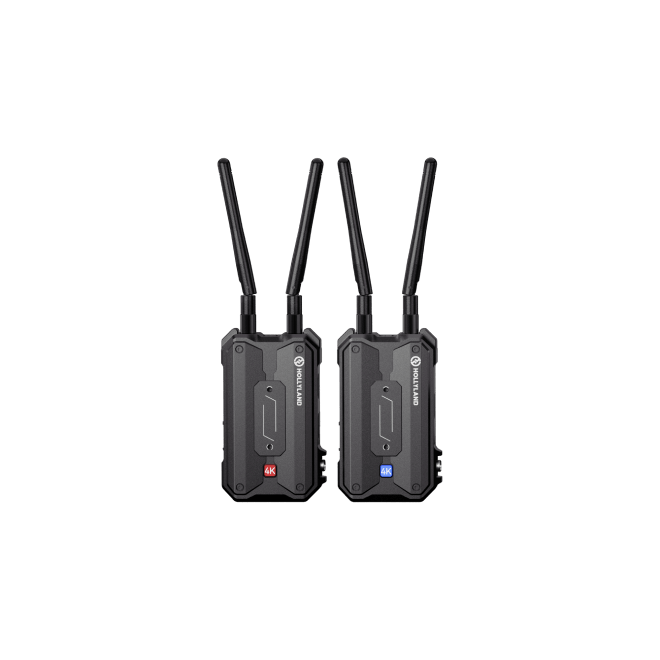
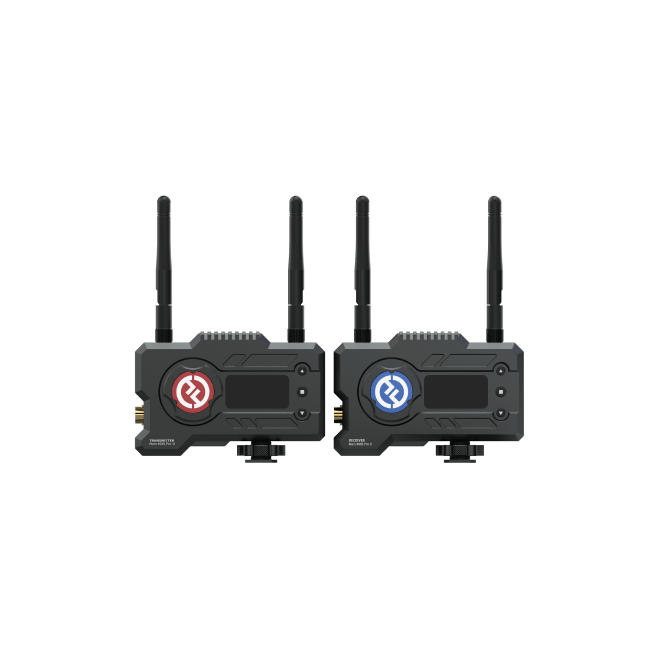


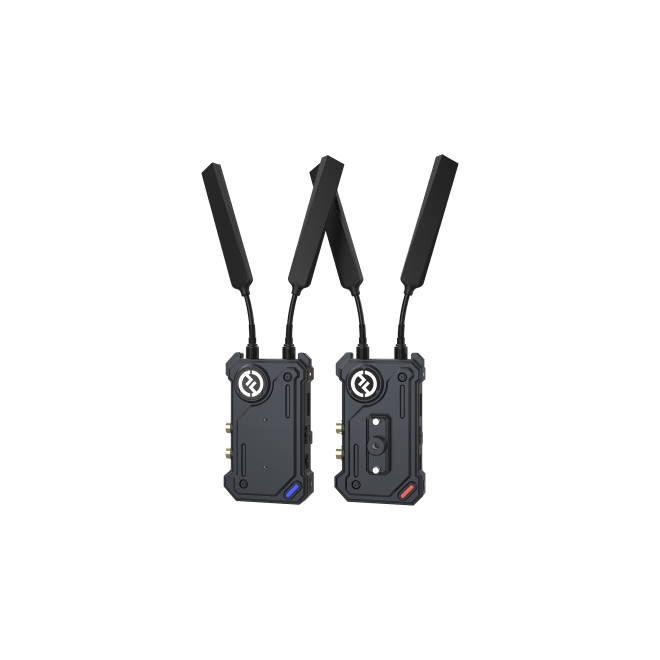
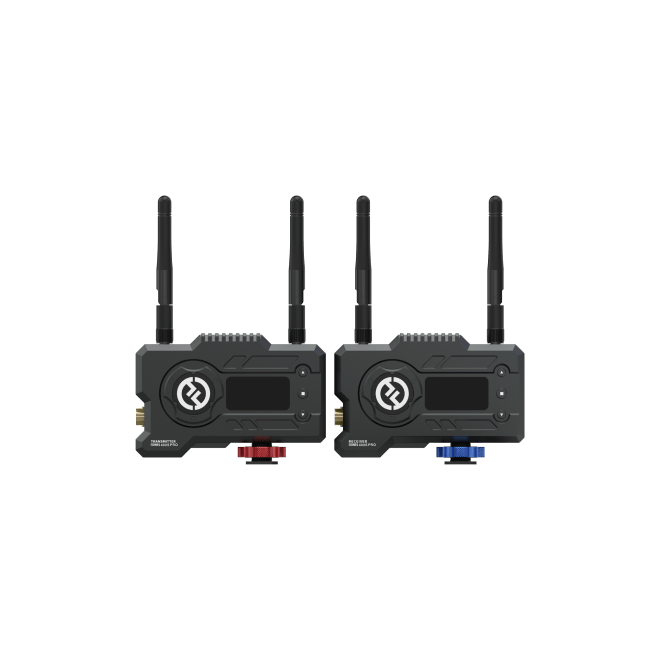
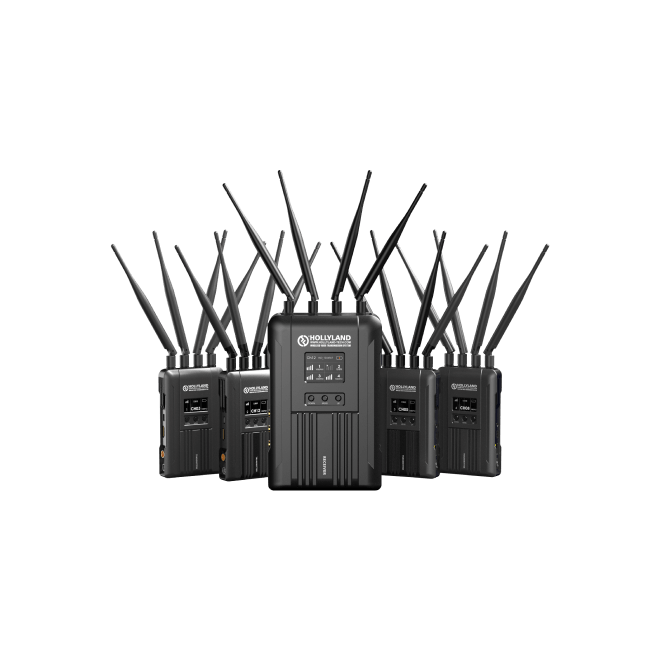
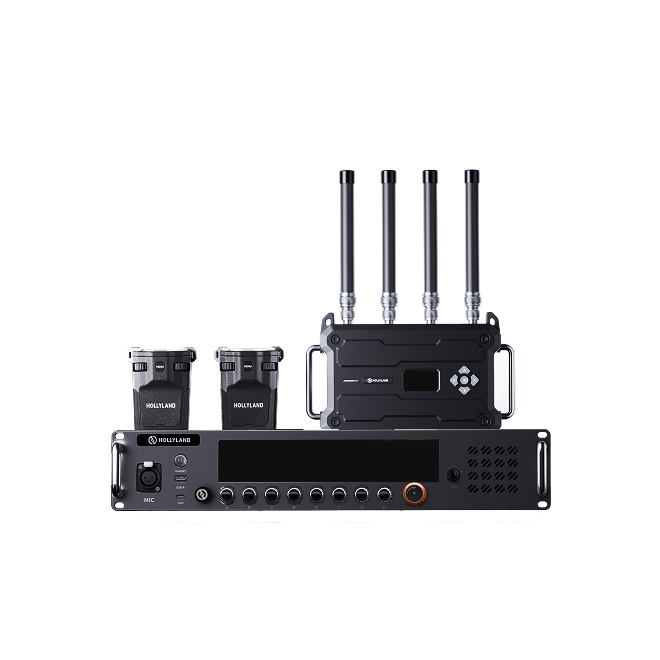



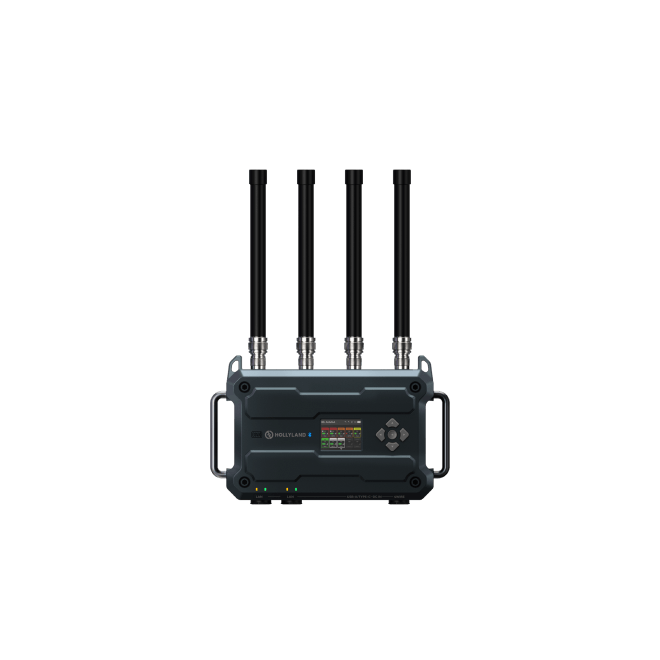
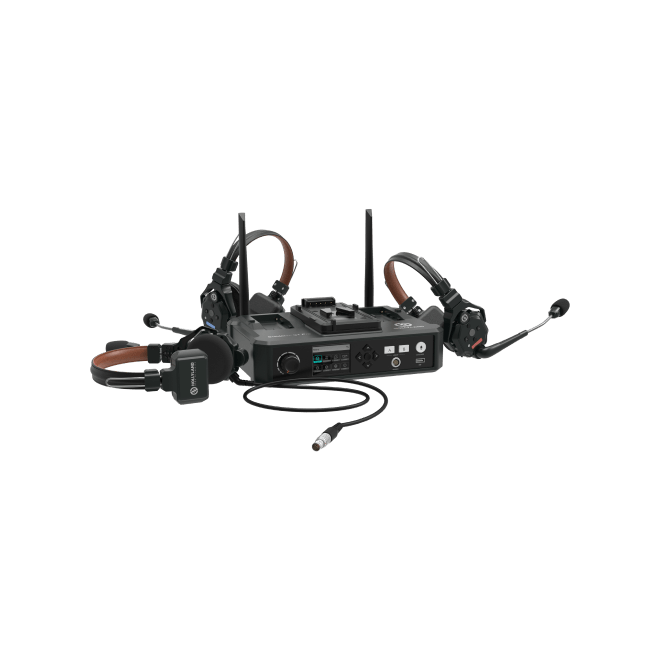


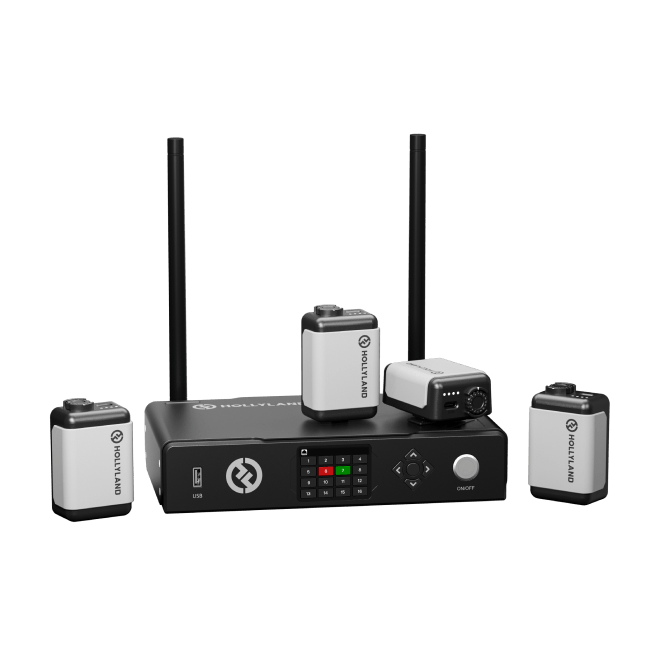







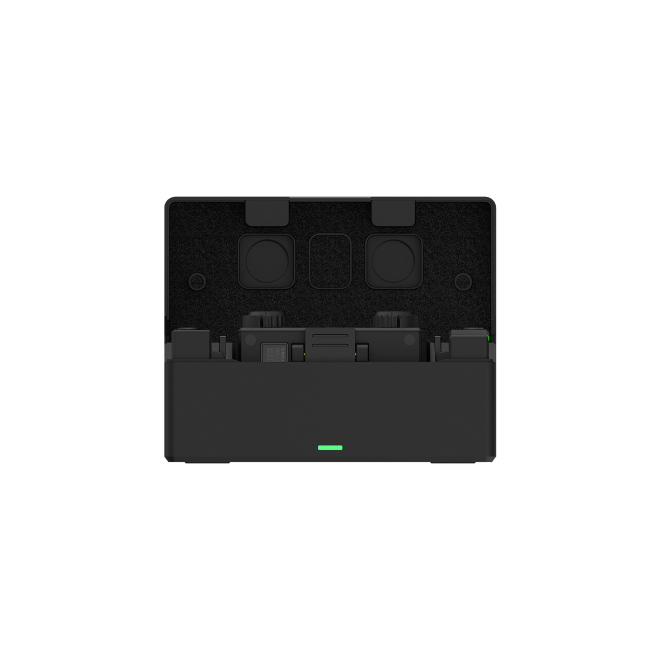
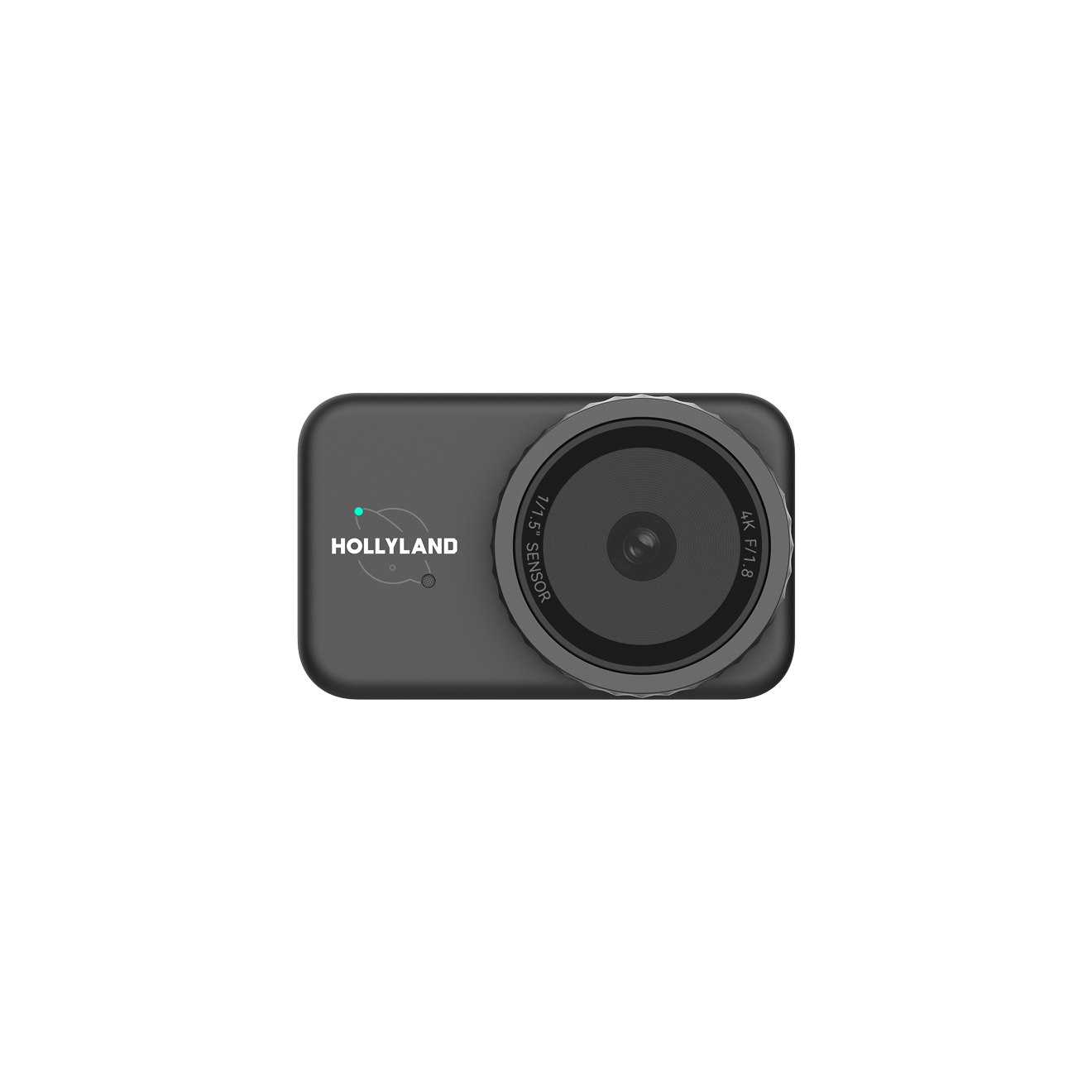


.png)




